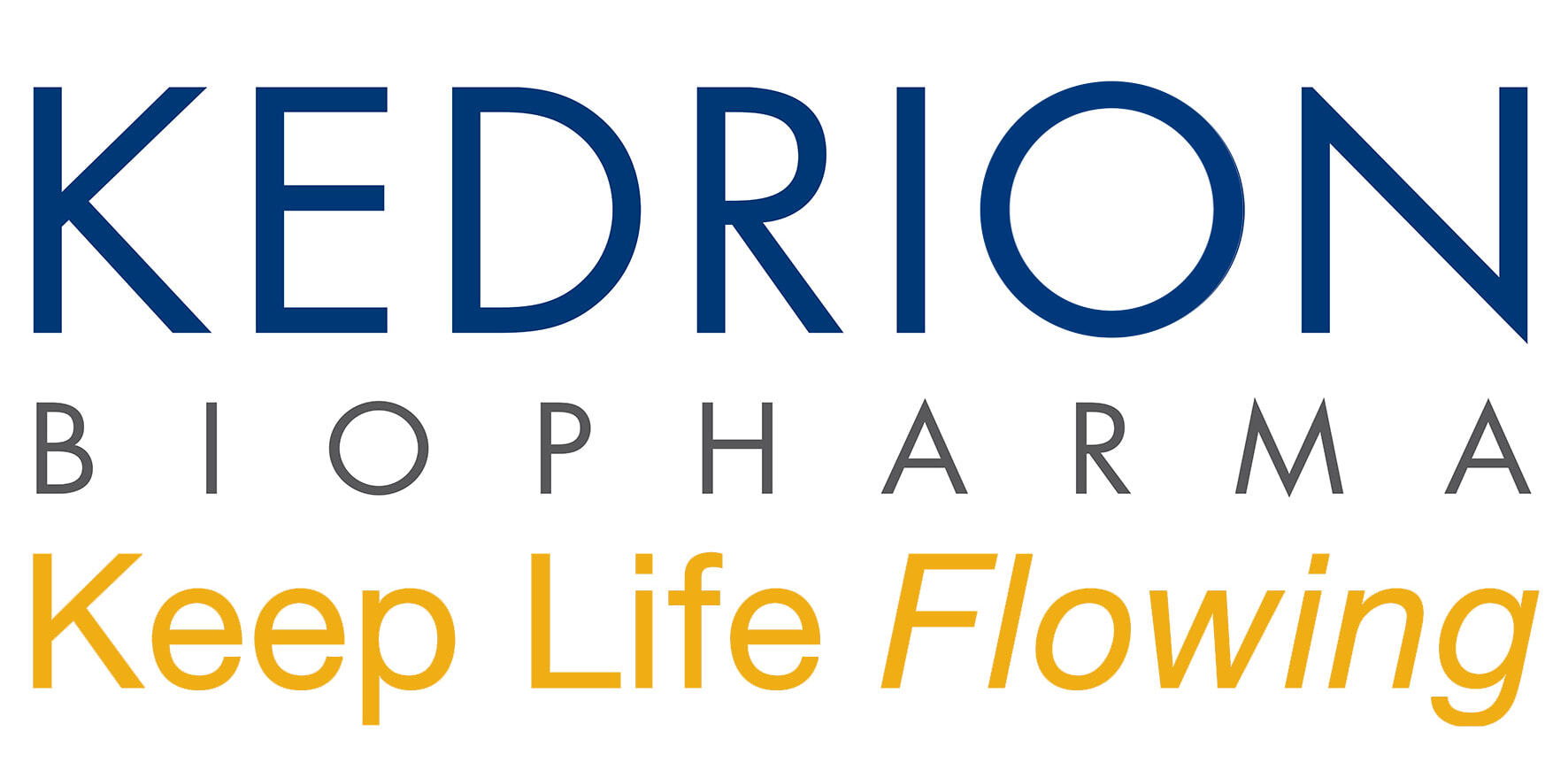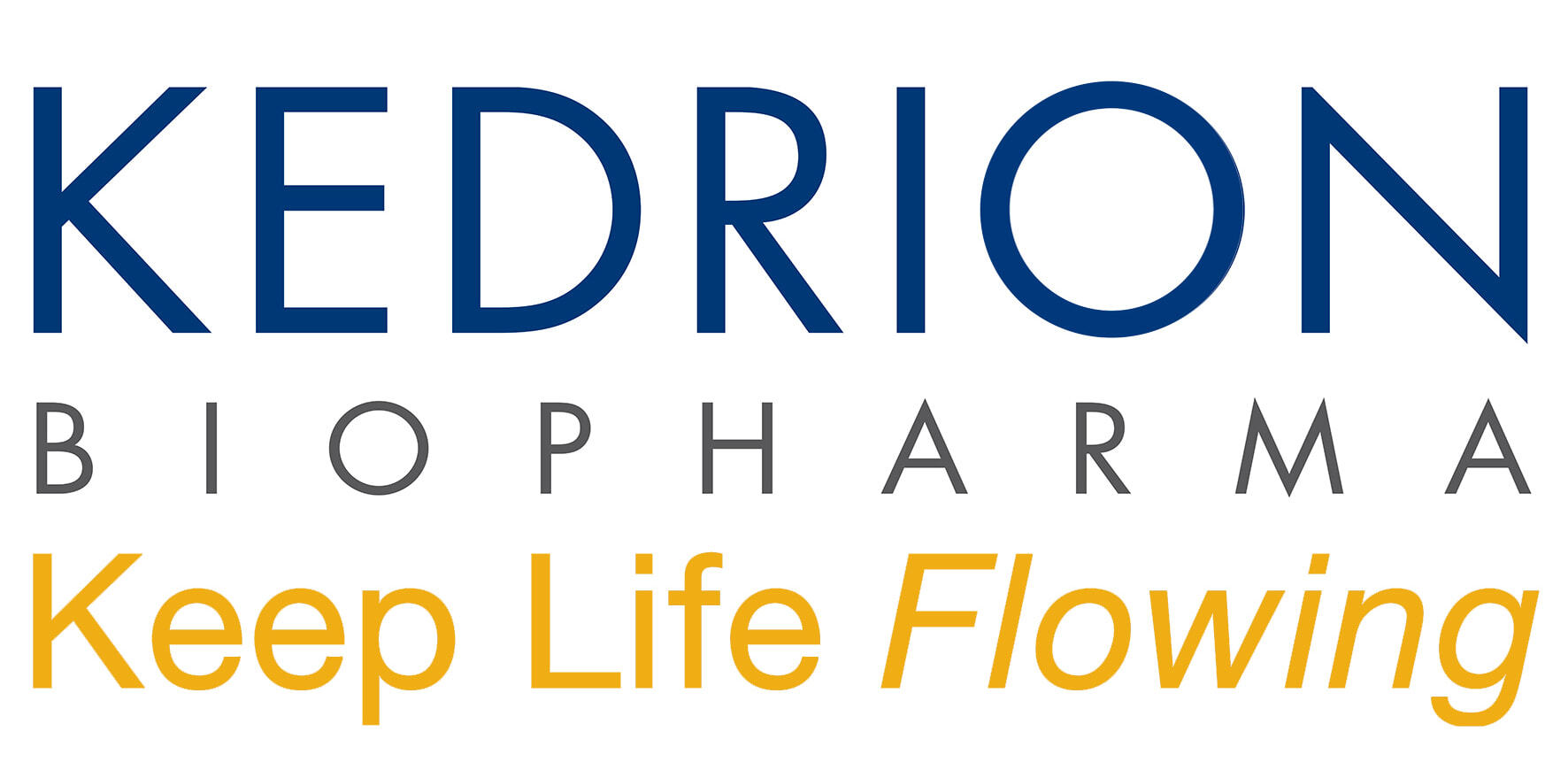For the first time in Europe, a project is currently underway in Naples to develop an anti-infective product for Hepatitis C, containing neutralising immunoglobulins directed against specific viral antigens. With the western market estimated at $400 million ($200 million in the United States alone and about $40 million in Italy), it should guarantee a better quality of life and a reduced risk of re-contracting the virus in liver transplant patients, patients in dialysis and people who have received a kidney transplant.
The project, which is supported by the Retrovirus Centre in Pisa University and the Biomedical Technology Institute in the National Research Council in Milan, was presented by the company Hardis Spa, which is part of the Kedrion Group and already deeply involved in the market for polyvalent immunoglobulins and specific hyperimmune immunoglobulins (antitetanus and antihepatitis B), in collaboration with the L. Califano Department of Biology and Cellular and Molecular Pathology (DBPCM) at the Federico II University Medical School in Naples, the Institute of Biostructure and Bioimage (IBB) in the National Research Council in Naples and the A. Dohrn Zoology Station in Naples and Hardis Spa, as required by the University and Scientific Research Minister (Directorial Decree of 14 March 2005 for establishing and/or developing public/private research laboratories by funding projects for industrial research and education). The project, whose full title is “Studying the development, characterisation and efficacy of a new product with anti-infective action based on antibodies against Hepatitis C virus antigens” is worth about €12 million shared amongst the various participating bodies listed above (€10.2 million for research and €1.6 million for education) and has been granted funding by the relative decree issued by the University and Scientific Research Minister.
The fact that Hardis is taking part in the project means that a public-private laboratory will be set up in the factory in Sant’Antimo. This will bring together specific skills relating to the company’s involvement in the field of research and development of hyperimmune immunoglobulins.
The project funded by the University and Research Minister lasts for 36 months and the laboratory’s operational continuity will be guaranteed for a further five years after the conclusion of the project. In parallel with the research project, there is a programme for training 12 graduate researchers who will, by the end of the course, have acquired the skills required for managing research projects and the technologies required for studying and producing anti-infective products based on antibodies to the Hepatitis C virus.

